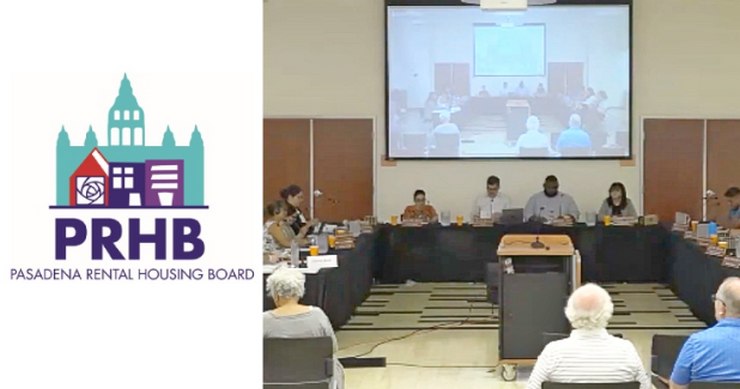The 2016 Richard P. Feynman Prize for Excellence in Teaching has been awarded to Ellen Rothenberg, the Albert Billings Ruddock Professor of Biology.
Established in 1993, the Feynman Prize annually honors “a professor who demonstrates, in the broadest sense, unusual ability, creativity, and innovation in undergraduate and graduate classroom or laboratory teaching.” Rothenberg, who has been at Caltech since joining the faculty as an assistant professor in 1982, was nominated for the prize by her students, who cited qualities such as her passion for teaching and her engagement with students as the reason for their nominations.
Rothenberg investigates the regulatory mechanisms that control blood stem cell differentiation and the development of T lymphocytes—white blood cells that play an important role in immunity. Not surprisingly, when she began at Caltech, her first teaching assignment was Immunology (Bi 114), a course that she continued to teach for 25 years, consistently receiving high ratings from her students in her teaching-quality feedback reports. In 1989, Rothenberg also introduced Caltech’s first course on the molecular biology of blood development, Hematopoiesis: A Developmental System (Bi 214)—a course that she still teaches every other year.
Rothenberg recently was instrumental to changes made to the introductory biology courses at Caltech. “I was the chair of the Curriculum Committee, and I noticed that there were issues that arose for both students and faculty with the first two introductory courses,” she says. Beginning in 2008, she began redeveloping and teaching these introductory courses, Cell Biology (Bi 9) and then molecular biology (Bi 8). A student’s first two terms at Caltech are mandatory pass/fail, “and we discovered that the students are actually really excited to do something hard when it’s on a pass/fail basis,” she explains.
In a letter of nomination, one of Rothenberg’s students said that she appreciated the challenge to learn more complicated material in an introductory course. “In her course, Professor Rothenberg emphasizes important concepts about molecular biology; however, she also takes time to explore higher-level concepts with incredible enthusiasm,” the student said. “This introduced me to the many complex systems I could learn about while showing me how exciting biological research is. I also sit on the Curriculum Committee, which she leads, and I have seen how she constantly returns to the idea of what will help students learn best and what will train them effectively.”
Another student who nominated Rothenberg wrote that “… she showed students that, contrary to what they might have heard, biology was not simply a ‘memorization game,’ but rather a logic puzzle. By slowly introducing us to different research techniques, she allowed us to see how we could pose and answer questions in biology ourselves.”
In addition to challenging her students to learn in a new way, Rothenberg says that these introductory courses also challenged her to teach differently. Because introductory courses have larger class sizes, she says it was inherently more difficult to get to know her students. So, she found ways to connect with her students outside of class time. “She spends a lot of time with her students,” one student said in a nomination, “even actively participating in recitation sections with her TAs, an unusual task for professors. She strives to improve her class every year.”
Previously, Rothenberg was awarded the Biology Undergraduate Students Advisory Council Award for excellence in teaching four times, the Ferguson Prize for Undergraduate Teaching twice, and the ASCIT Award for Undergraduate Teaching twice. In addition, she has chaired the divisional Curriculum Committee for the past several years, working to rationalize the biology curriculum and to put the best teachers in place for each course. As part of her work on the Curriculum Committee, she interacts closely with the Biology Undergraduate Students Advisory Council.
“Winning this award and being recognized at an institutional level…it means a lot to me. And I’m also really humbled that I’m the first biologist ever to get the Feynman Prize,” she says. “I love teaching. The greatest gift you can give someone is to share your understanding with them and to help them develop their own understanding. That incredible connection between the way you appreciate the complexity of the world and the way you can give students the tools to see things that you never saw before—it’s really beautiful. And the fact that this institute has a way of valuing that is really wonderful,” she adds.
The Feynman Prize has been endowed through the generosity of Caltech Associates Ione and Robert E. Paradise and an anonymous local couple. Some of the most recent winners of the Feynman Prize include Kevin Gilmartin, professor of English; Steven Frautschi, professor of theoretical physics, emeritus; and Paul Asimow, professor of geology and geochemistry.
Nominations for next year’s Feynman Prize for Excellence in Teaching will be solicited in the fall. Further information about the prize can be found on the Provost’s Office website.














 0 comments
0 comments


